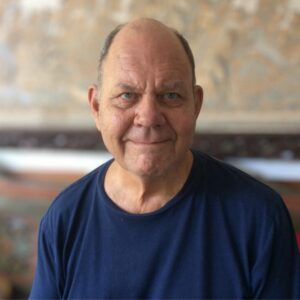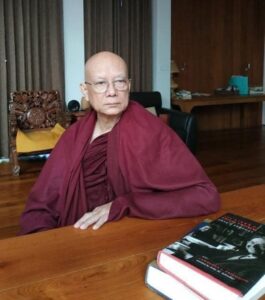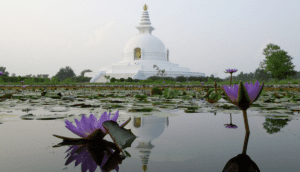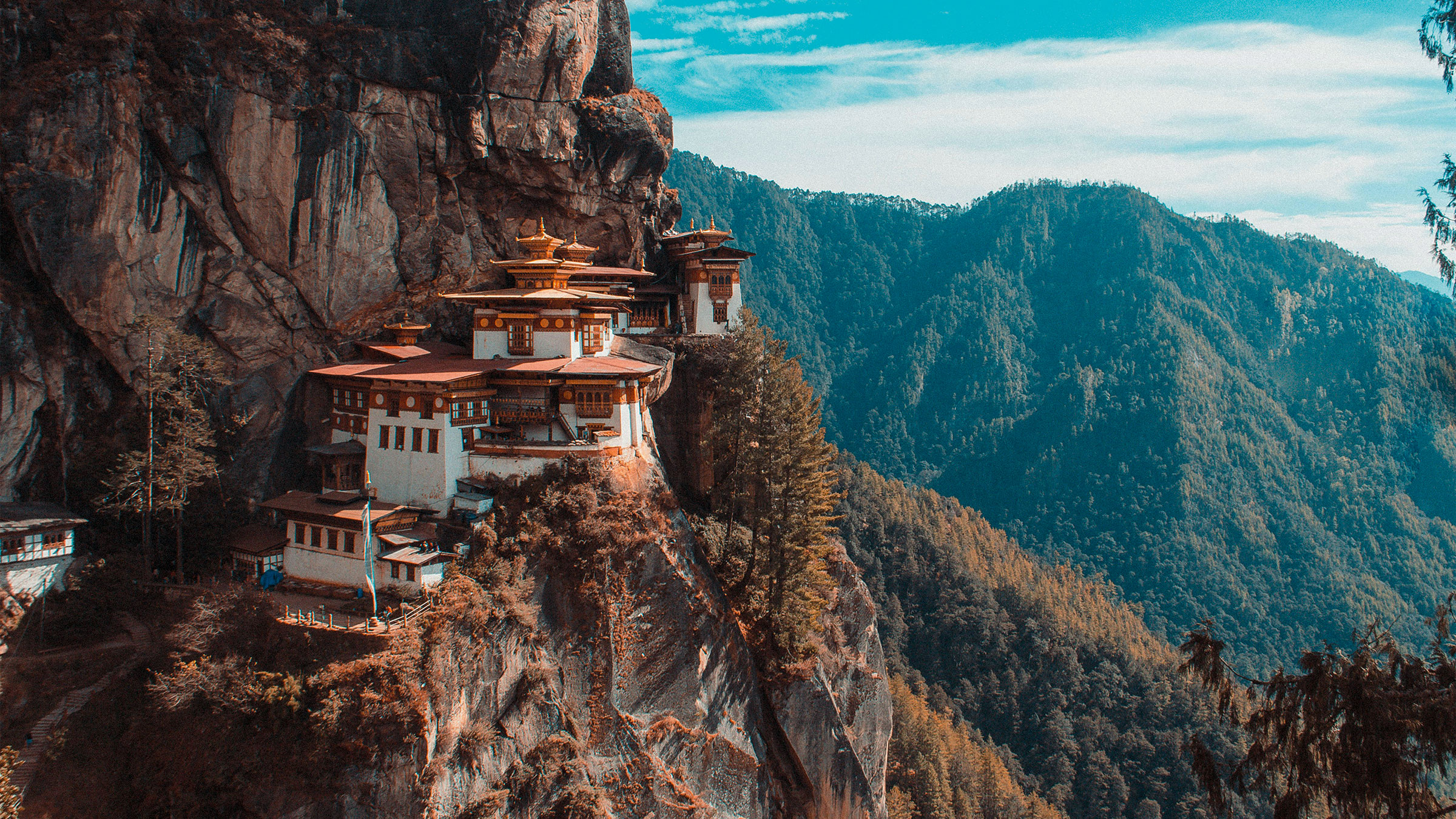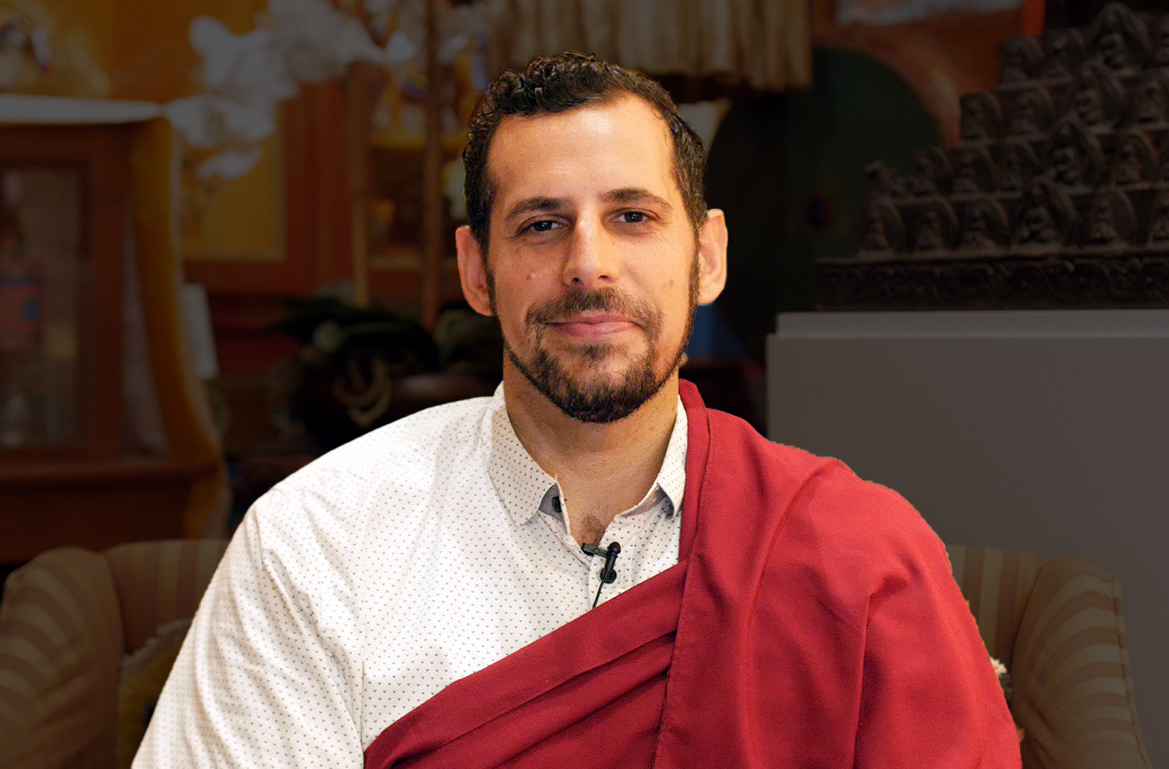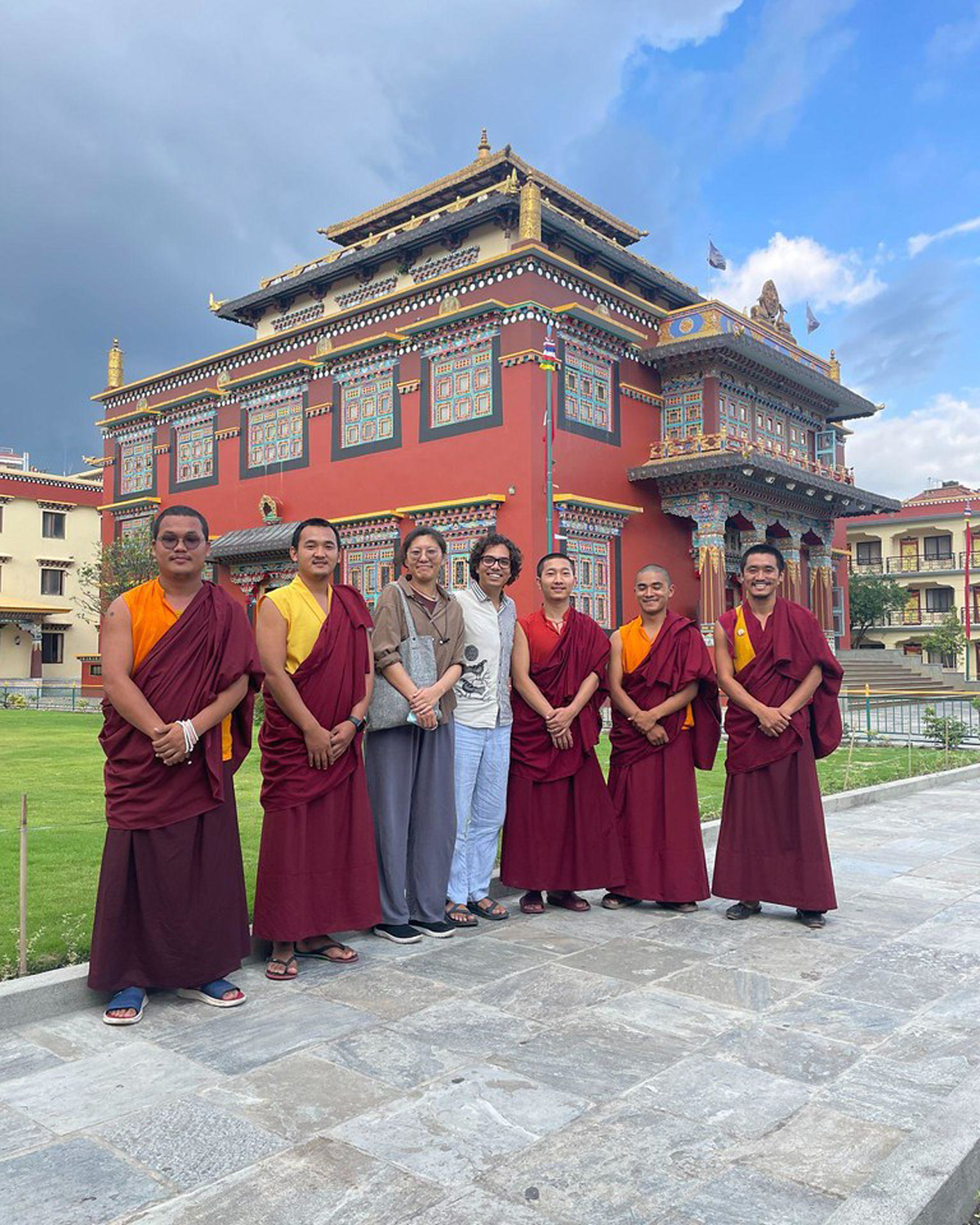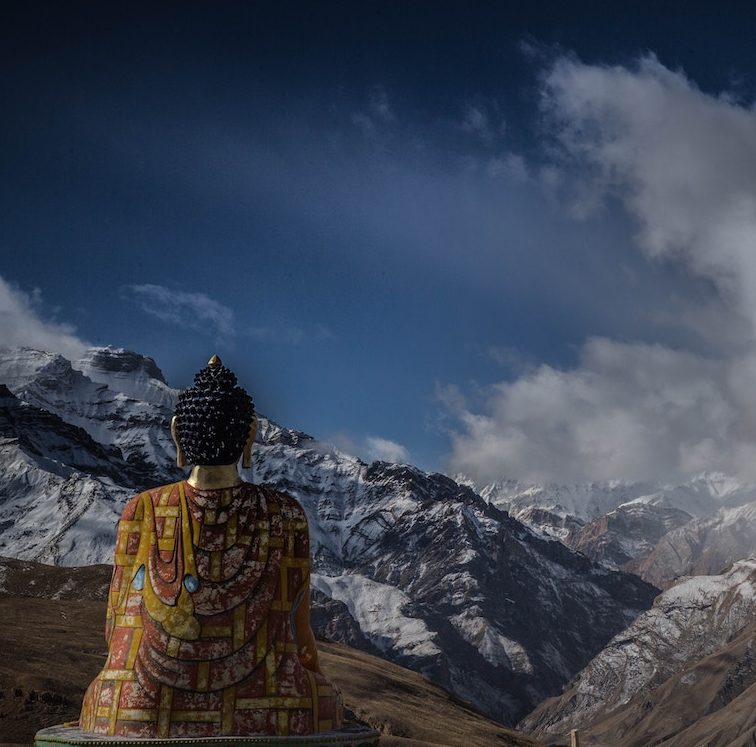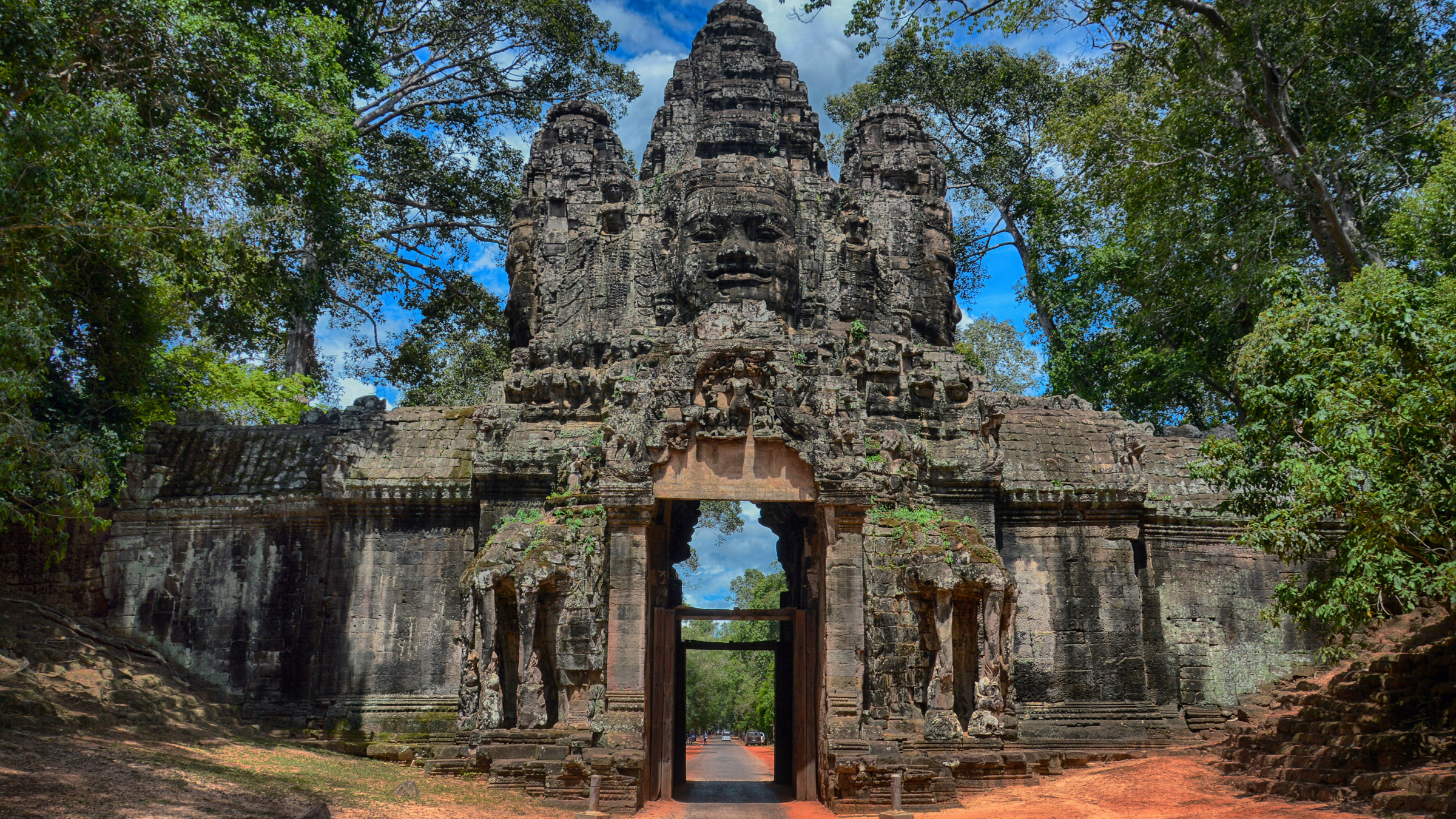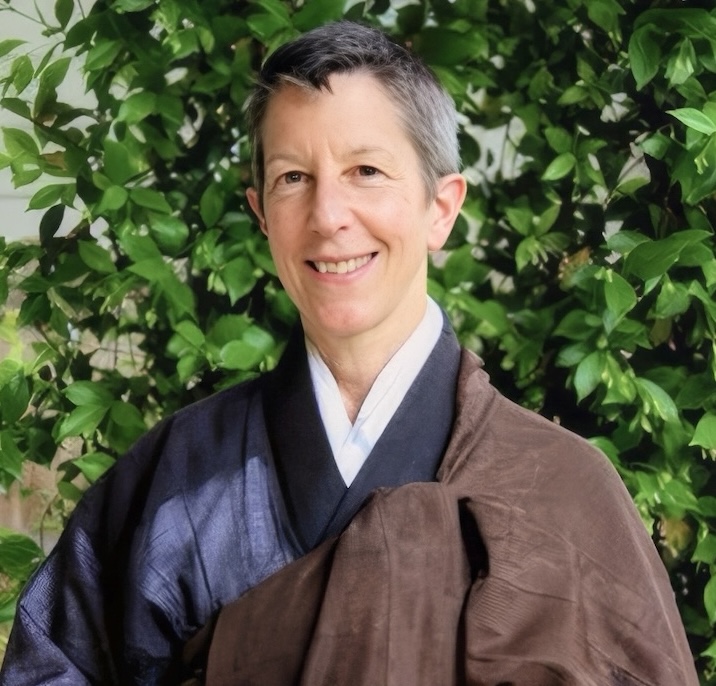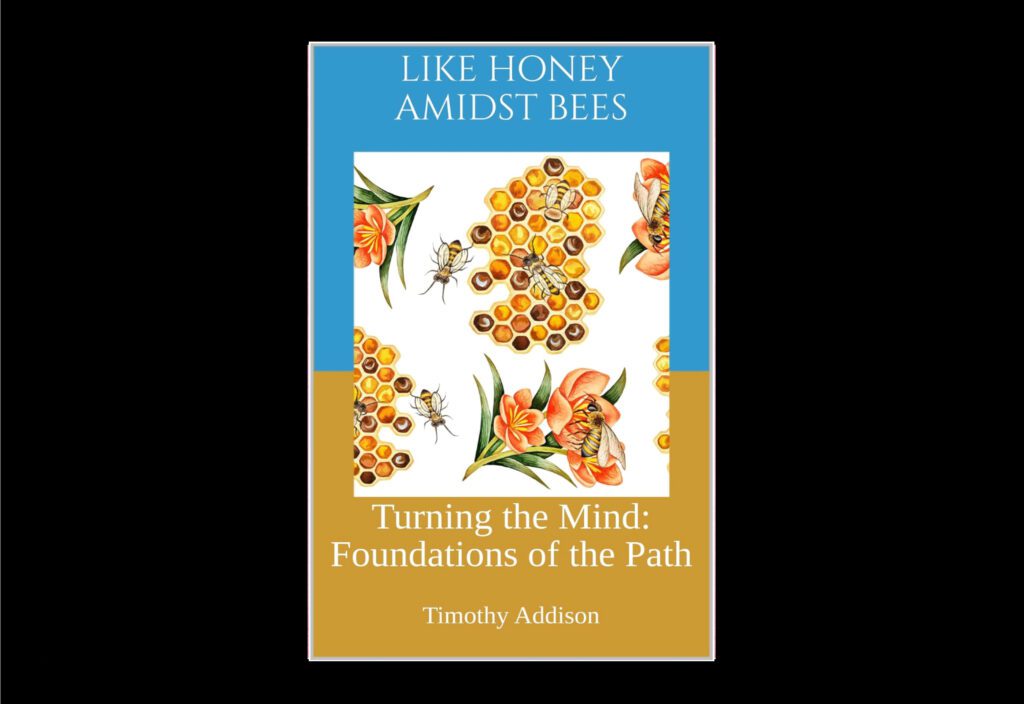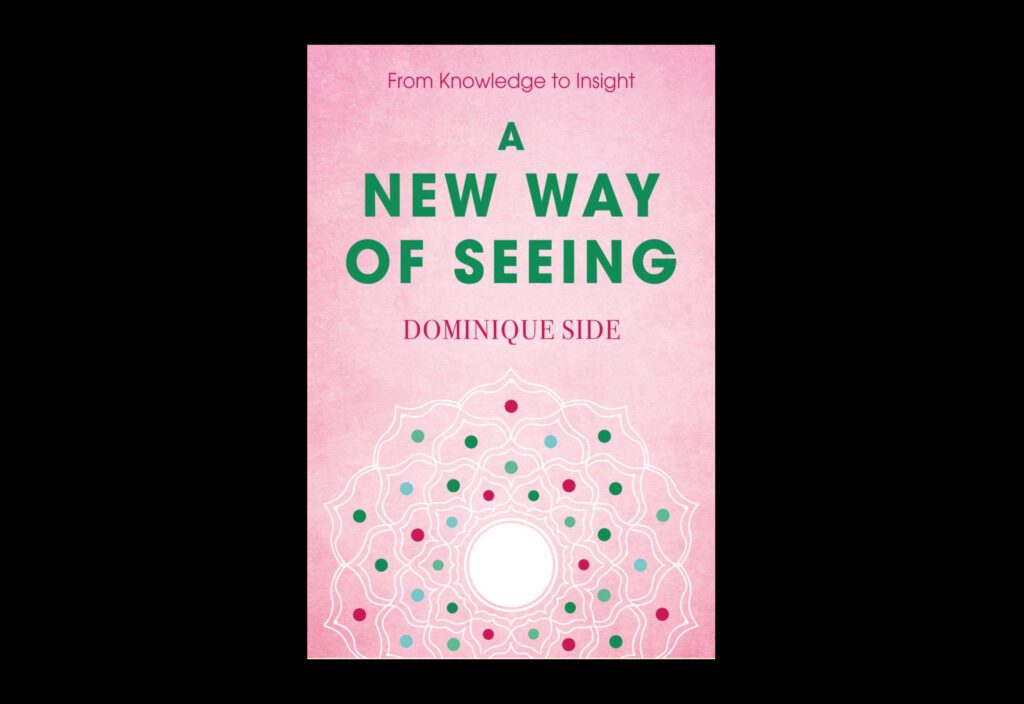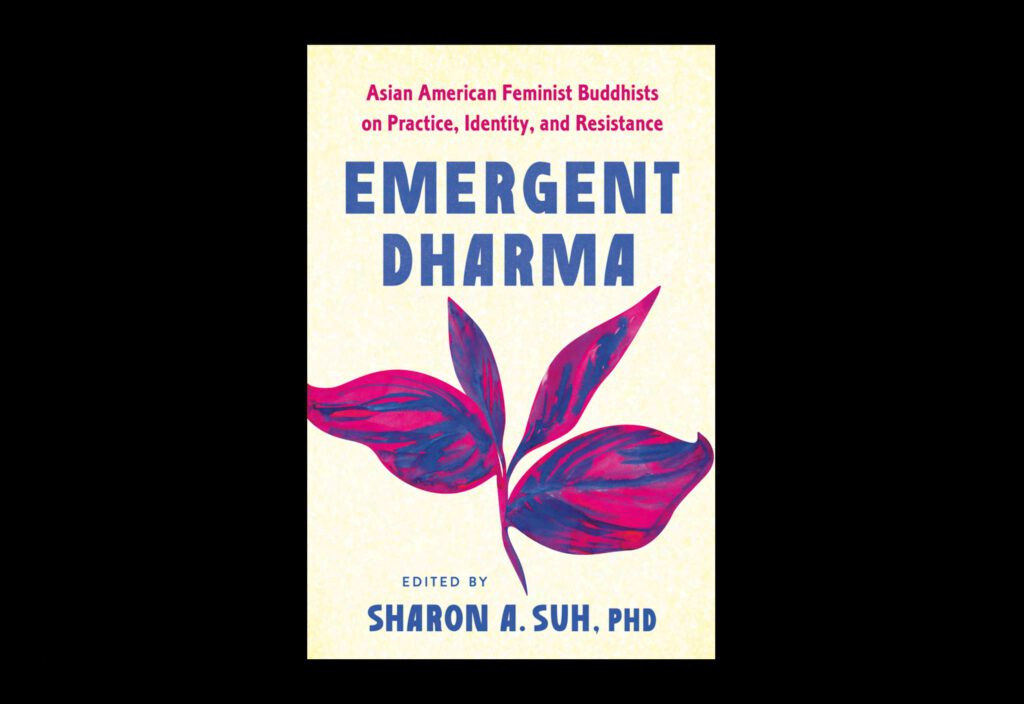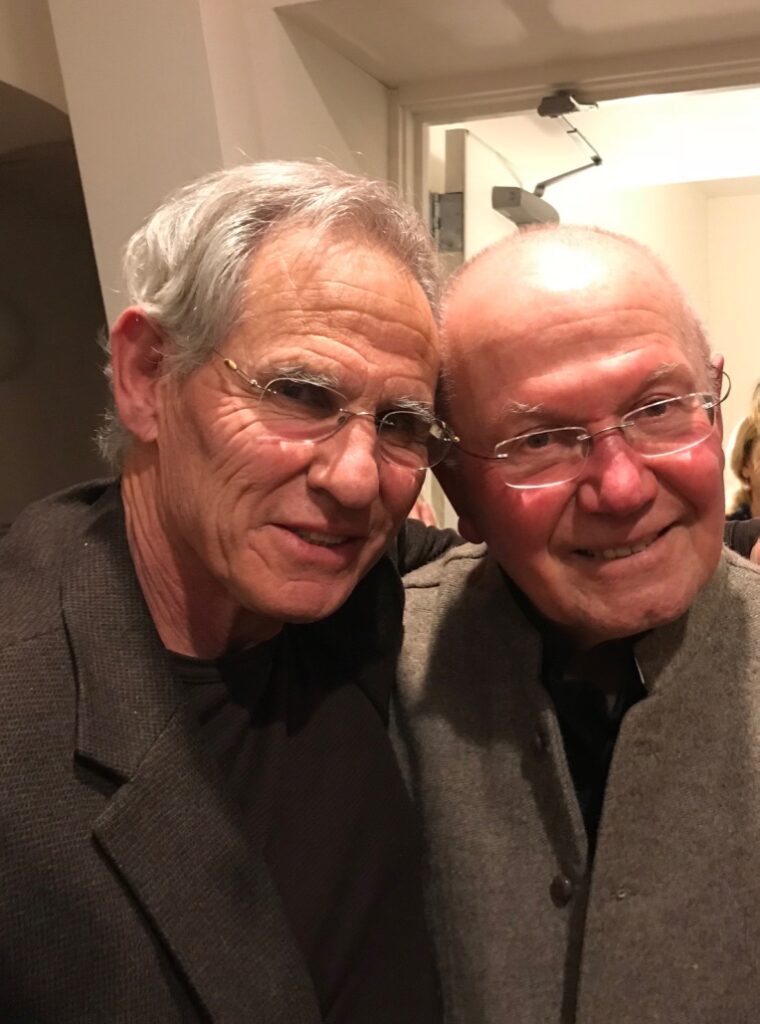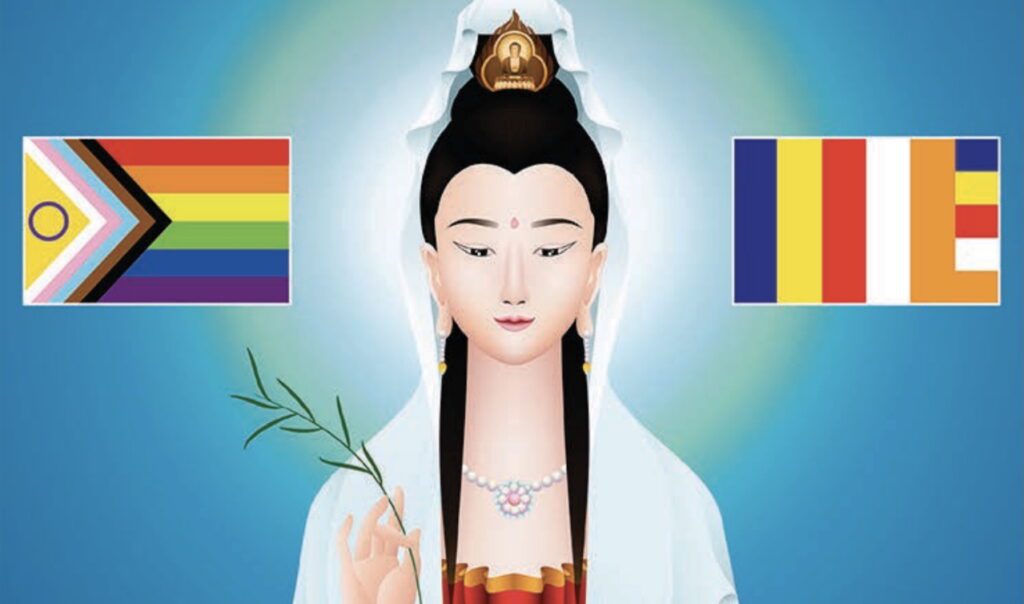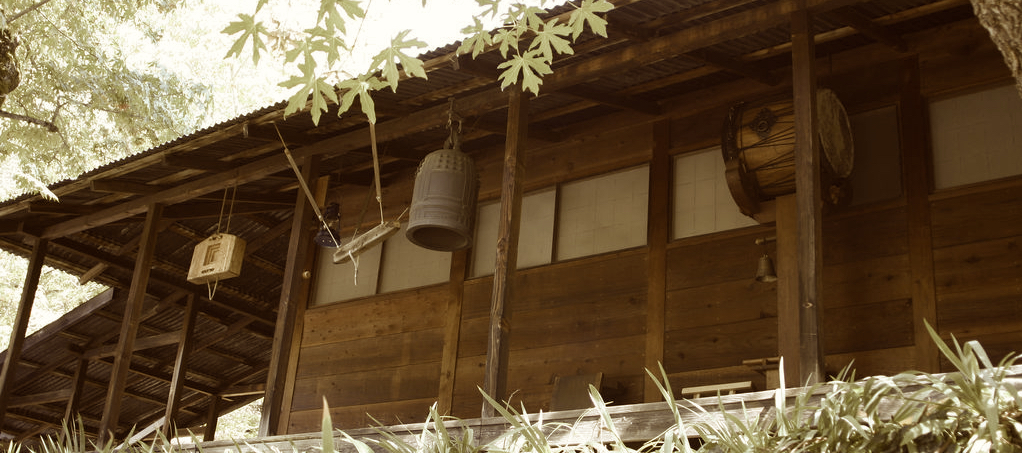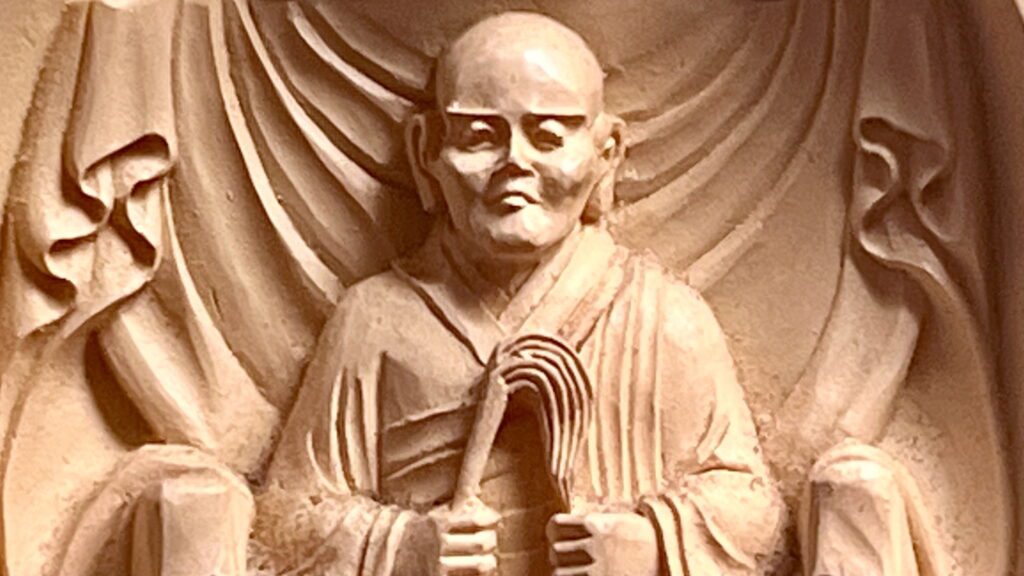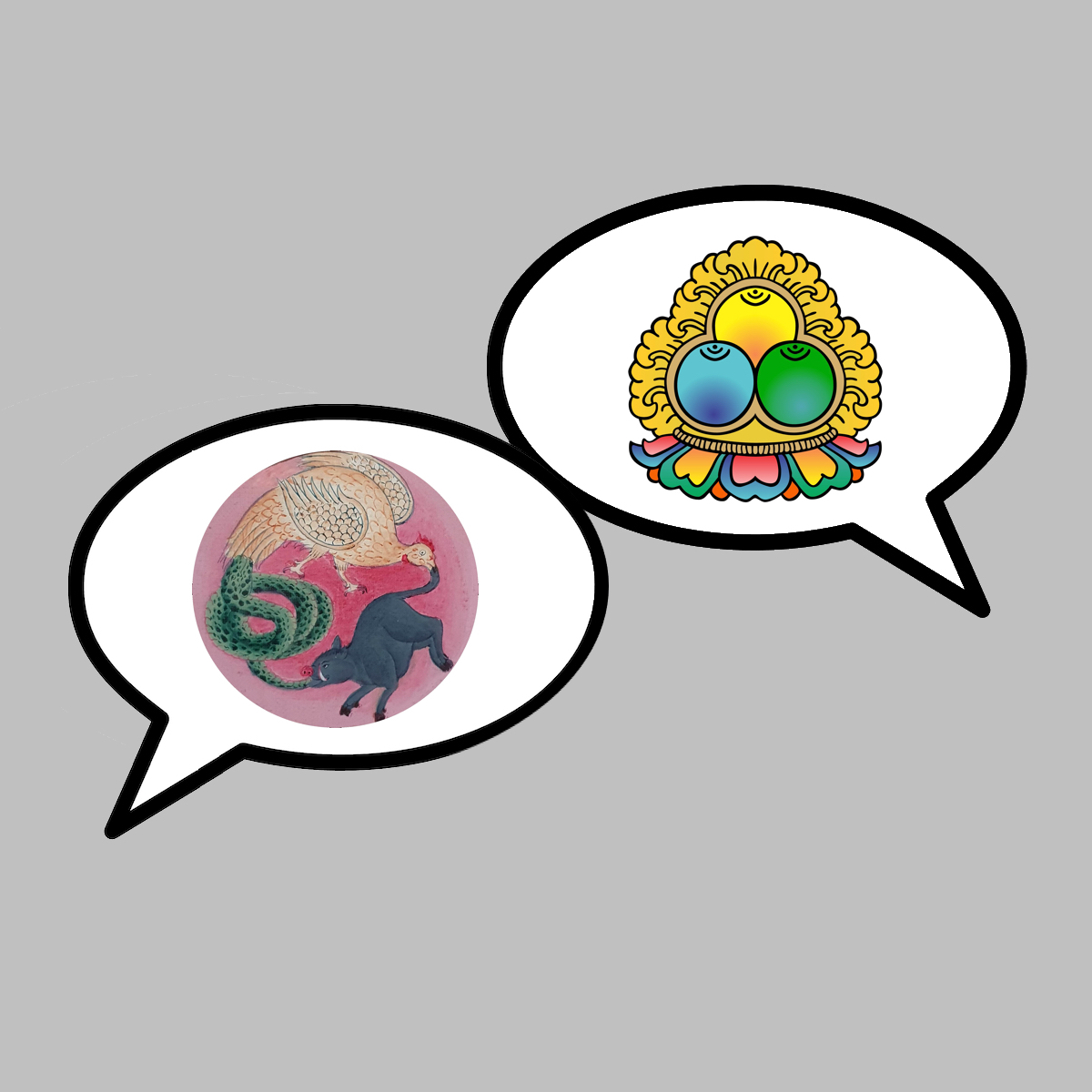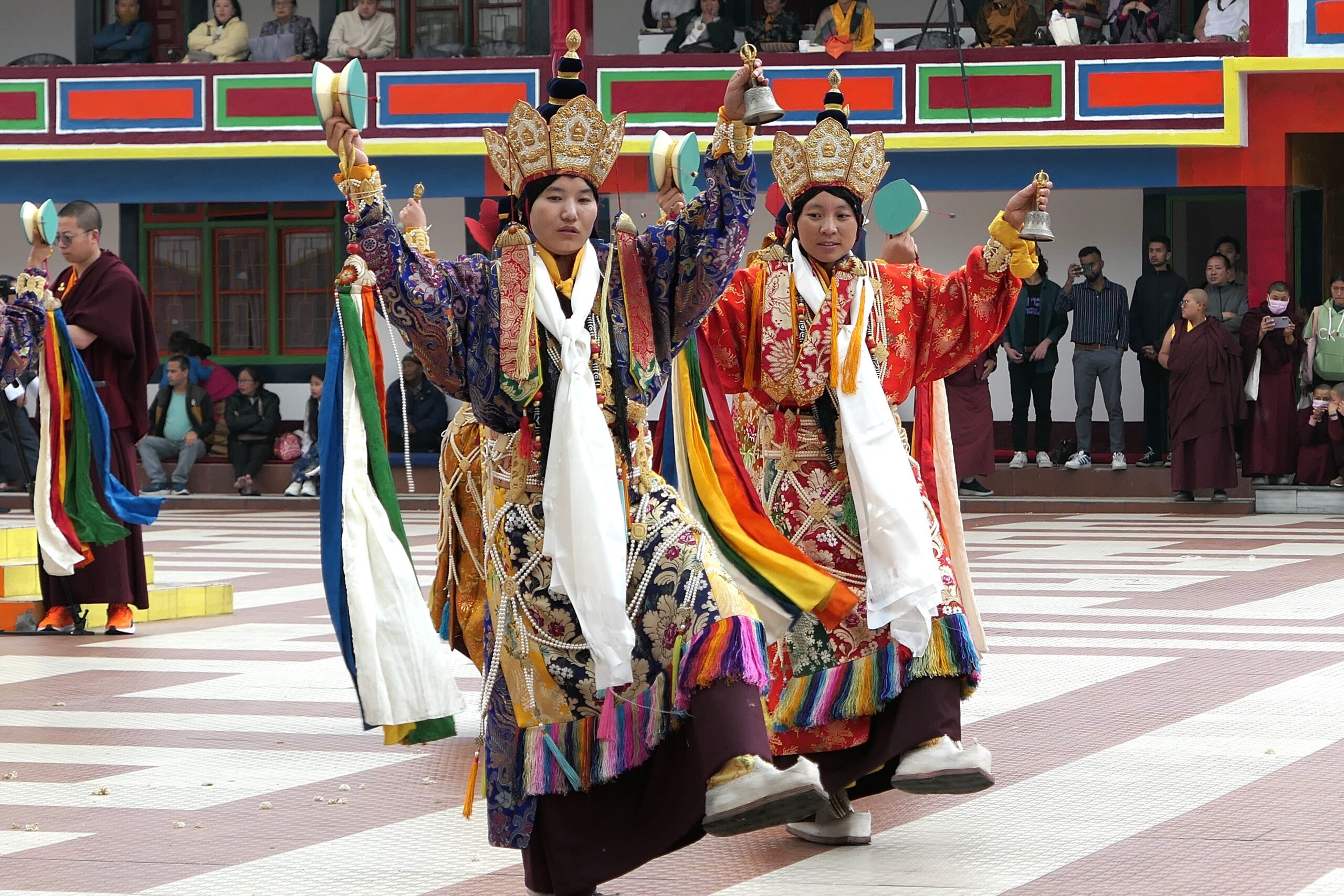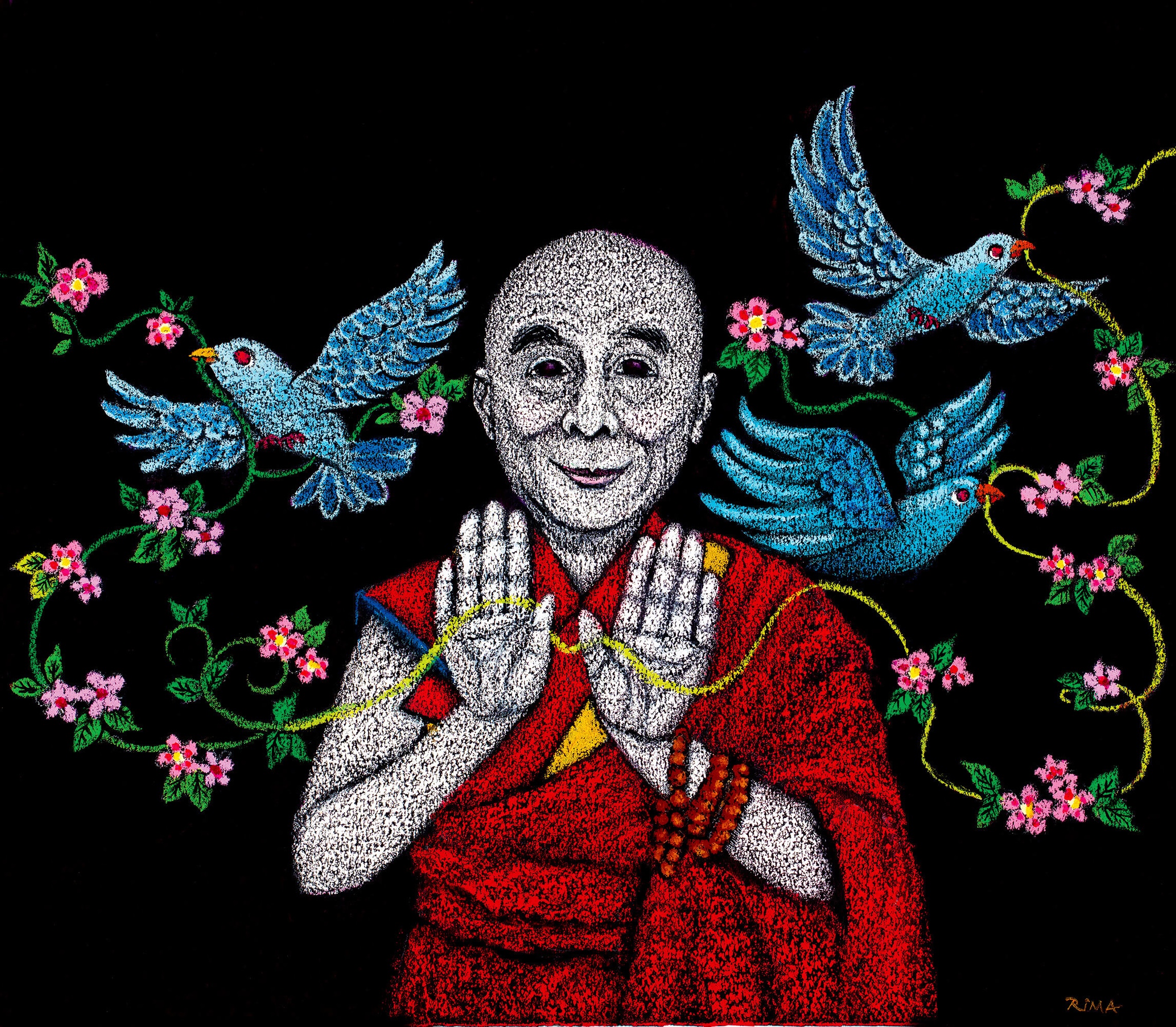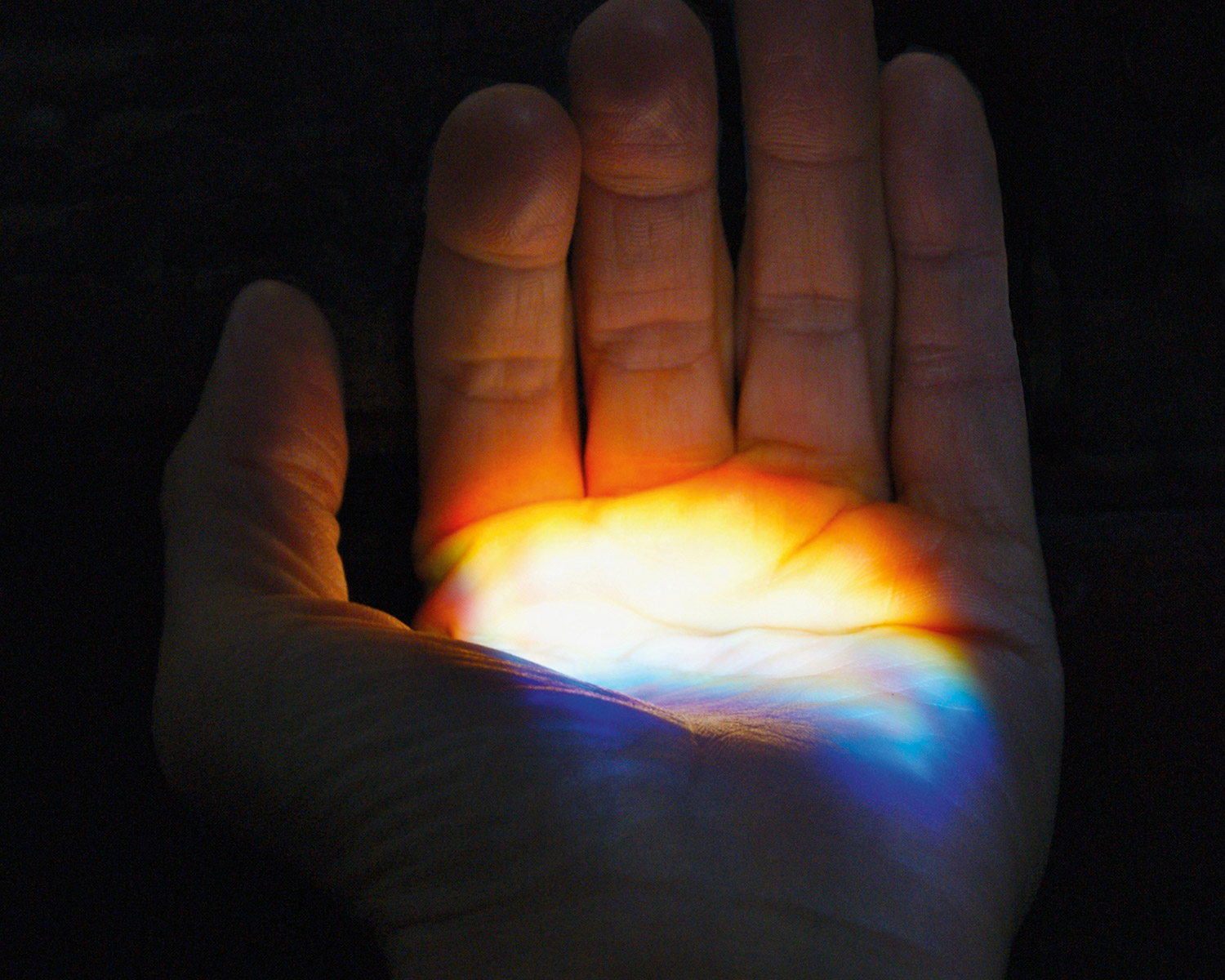
Opening to the Joy of Work
Making a living while living our values can be easier said than done, but Maia Duerr has discerned six keys for cultivating the qualities and conditions for doing abundant, cheerful, sustainable work.
Deep Dive
Heart Journeys: All About Buddhist Pilgrimage
“The aim of all Buddhist practice,” writes Dzongsar Khyentse Rinpoche, “is to catch a glimpse of the awakened state. Going on pilgrimage, soaking up the sacred atmosphere of holy places, and mingling with other pilgrims are simply different ways of trying to achieve that glimpse.”
With the next Lion’s Roar pilgrimage offering coming up at March’s end — a “Heart Journey Pilgrimage” to Bhutan and Nepal led by Alex & Sisse d’Artois of Himalayan Hermitage — we’re sharing practical information, and plenty of inspiration, for anyone who might one day undertake Buddhist pilgrimage. (There are plenty of opportunities: other Lion’s Roar pilgrimages this year include trips to Mongolia, Tibet and Nepal, and India and Nepal.)
Featuring pieces by Dzongsar Khyentse Rinpoche, Shantum Seth, Andrea Miller, Scott Tusa, and more.
Make the Most of Your Pilgrimage
Dzongsar Khyentse Rinpoche explains how to get the most out of your spiritual journey to India, from generating proper motivation to the most effective practices for accumulating merit and wisdom while visiting Buddhism’s holy sites.
In the Land of the Thunder Dragon
From the philosophy of Gross National Happiness to the emerging Gelephu Mindfulness City, Bhutan is reimagining its future through a Buddhist lens. Andrea Miller reports on the country’s evolving balance of tradition and innovation.
Scott Tusa on Pilgrimage, Parenting, and Practice in Nepal
Mariana Restrepo speaks with dharma teacher Scott Tusa while on pilgrimage in Nepal, reflecting on the intersections of practice, pilgrimage, and parenting—from shared monastic roots to the realities of everyday life.
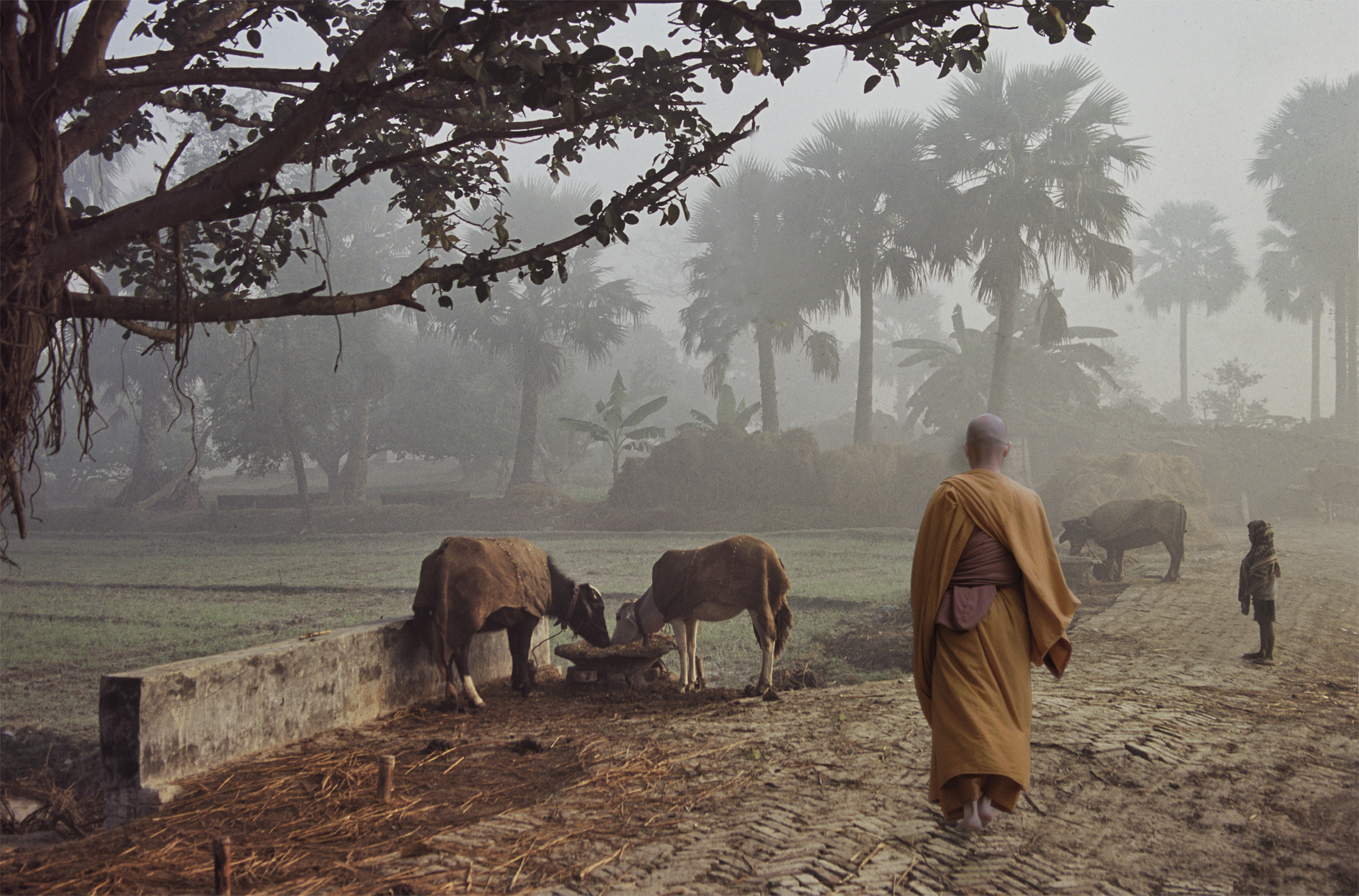
Footsteps of Buddha: Buddhist Pilgrimage in India
Read an excerpt from Footsteps of Buddha, the photography book by James Gritz—a visually rich and spiritually grounded reflection on twenty years of pilgrimage to India’s most sacred Buddhist sites.
How YouTube Is Changing Buddhist Pilgrimage and Re-Historicizing Buddhism’s Past
Nikhil Stewart shares what he’s learned by interviewing 30 monks about how vlogging (video-blogging) has impacted Buddhist pilgrimage — online, and “IRL.”
The Pilgrim’s Progress
Joseph Szostak reports from India on the history of Buddhist pilgrimage and the challenges and benefits of this ancient practice.
12 Extraordinary Buddhist Temples & Monasteries
Embark on a visual pilgrimage through awe-inspiring Buddhist sacred sites from around the world.

The Building Blocks of Belonging
According to Willa Blythe Baker, making a strong, healthy community starts with understanding how it is constructed.
Shinchi Linda Galijan to be installed as first female abbot of Berkeley Zen Center
The ceremony will be viewable by livestream via the BZC website.
Dharma Books: Excerpts
Bringing Yidam Practice to Human/AI Encounters
Deborah McGlauflin wades into the “virtual buddhafield” — and asks us to consider joining her there.
Toward a More Skillful Mode of Buddhist Political Speech
“Knowing that so many are engaged in resisting the current violences and attacks on democracy in our nation,” writes Gregory Snyder, “my hope is that our Buddhist communities will continue to work to develop a place that encourages our political voices.”
Three Buddhist Nunneries Dance a New Chapter of Empowerment and Opportunity
Karen Greenspan spent four years following these pioneering practitioners, revealing a story of tradition, transformation, and the ongoing movement toward gender equality in Tibetan Buddhism.
New Atlanta exhibit features Rima Fujita’s works on the Dalai Lama
The exhibit will run from February 13 through June 7, featuring imagery of the Dalai Lama, whom Rima Fujita considers her principal teacher.
Buddhism A–Z
Learn all about key Buddhist terms, concepts, and traditions in our in-depth glossary — perfect for beginners and committed dharma practitioners alike.

